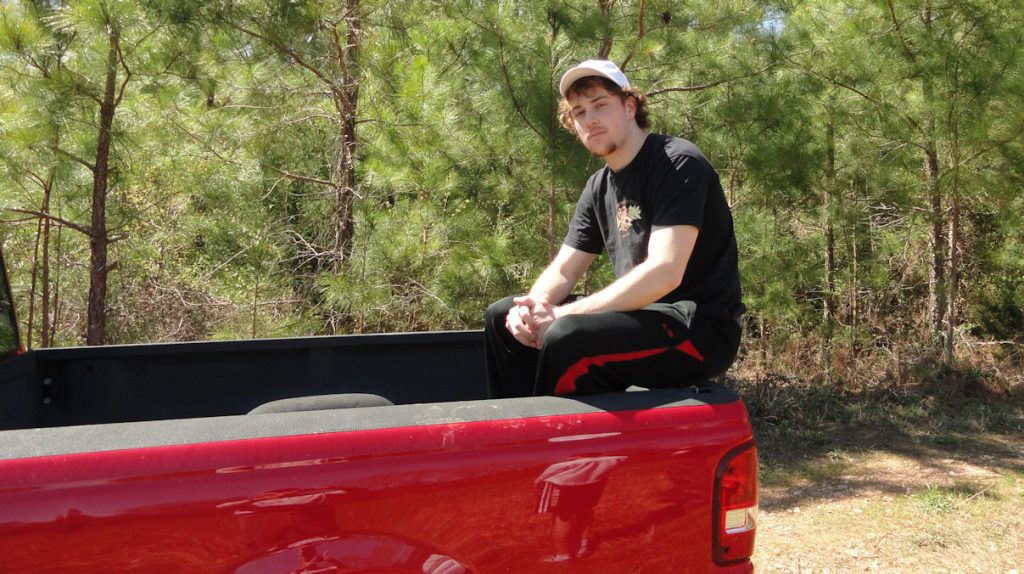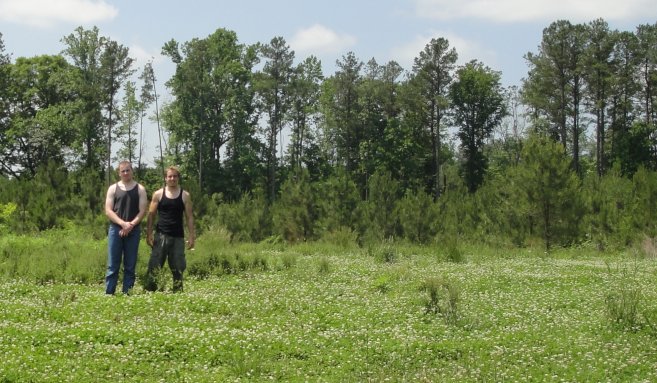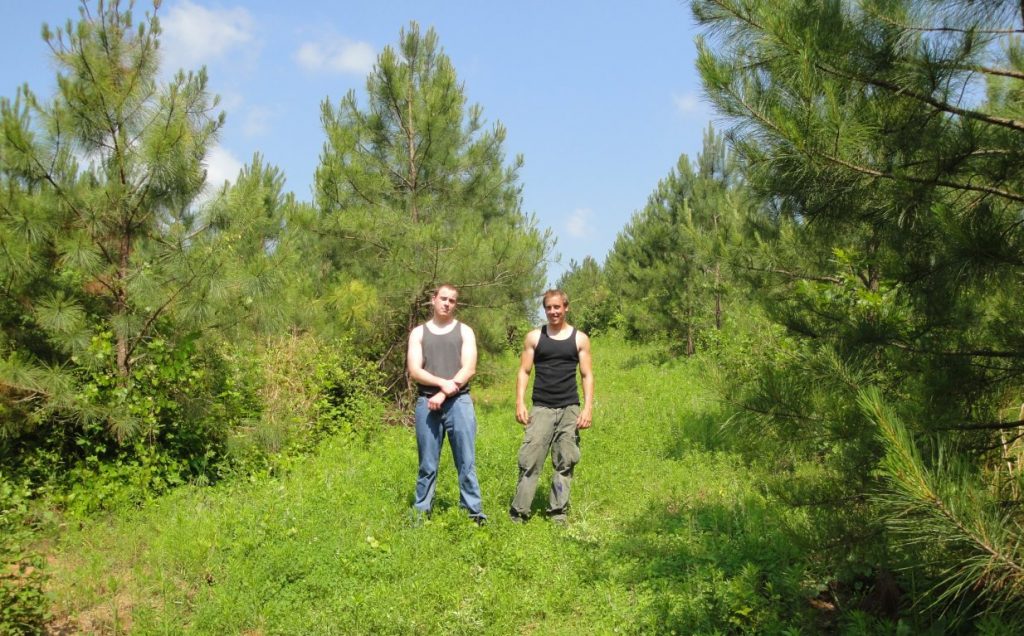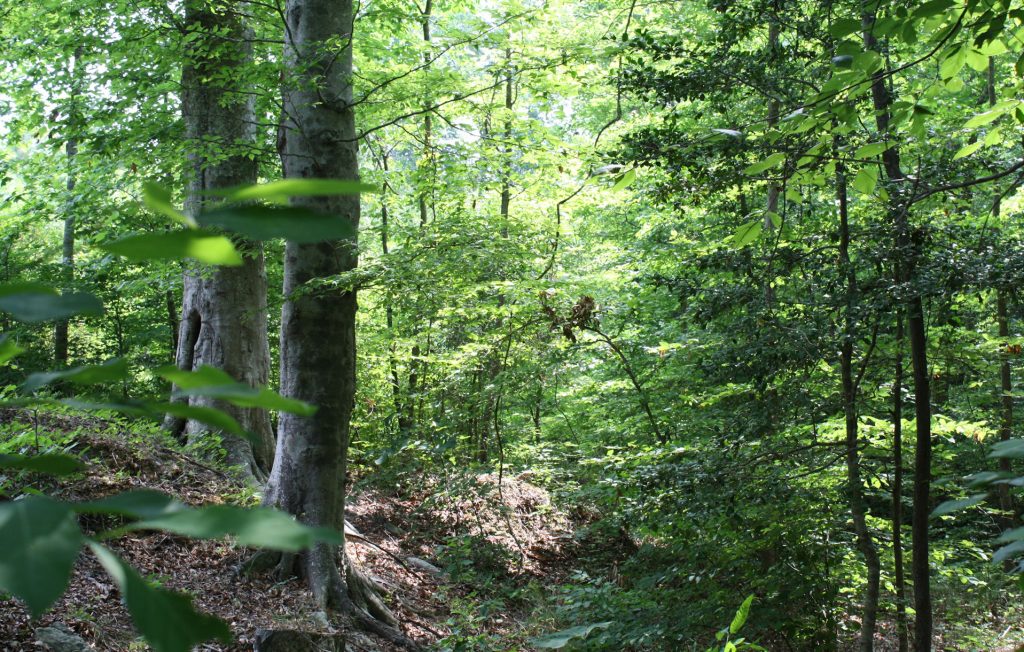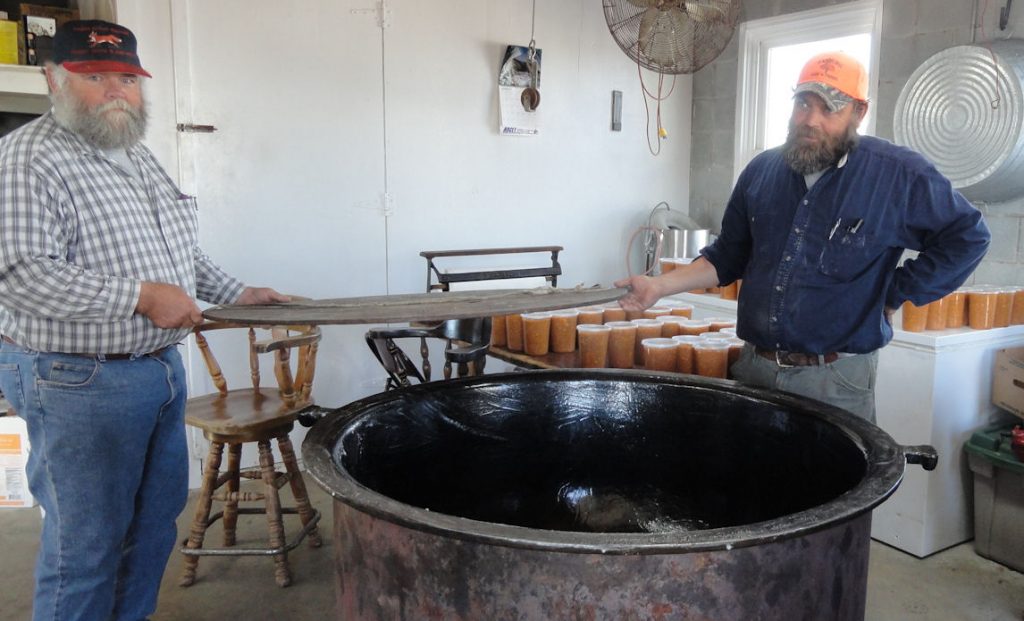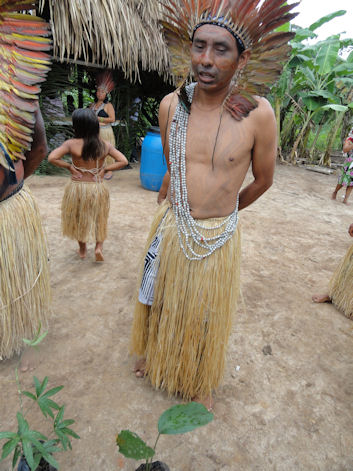What were you like at 50? Story Worth question.
What was your life like when you were fifty?
The most significant thing that happened in my 50th year was that we bought our first tree farm. I have discussed the details of that purchase elsewhere, so let me talk here about the long thinking that went into that moment of spontaneity.
Forest people versus cabin people
I cannot remember a time when I did not love trees, but I never gave serious thought to owning a forest because it just seemed unrealistic. Who owns a forest? I was a city boy. I knew people who owned maybe a few acres. Chrissy’s parents were farmers and there was a lot of land on her side of the family, but they inherited those places. Just buying rural land was completely outside my experience.
At first, we were thinking “cabin.” Lots of people we knew had second homes in the woods. That seemed doable. We thought of West Virginia. The guy in the office next to me, Jeff, had a place in West Virginia. In fact, he had bought rural land several times. The more I talked to him, however, the more I came to know that that his experience would be more useful as a lesson on what to avoid rather than an example to follow. He had lots of experience buying rural land, but not much success keeping it.
Good neighbors
Jeff had trouble with his neighbors wherever he went. He warned me that rural people were “different.” Jeff was an FS classmate. I knew him well enough to suspect that the constant in all his bad neighborly relationships was him. Another classmate, Mark, had successfully bought – and kept – rural land near Appomattox. He loved his rural neighbors and they were helpful to him. We both knew Jeff and at lunch Mark told me that Jeff’s problem was that he did not meet his neighbors on their ground, figuratively as well at literally.
Jeff’s daughter fervently believed in animal rights. Evidently when Jeff bought land, he succumbed to his daughter’s entreaties and banned hunting on his land. This is not a smart idea in long established rural communities. Worse, he made his feelings clear to his neighbors, and his feelings were that they were not the friends of nature that he and his family were.
Funny, we diplomats know that we should treat foreigners with respect even when they disagree with us, but we often fail to understand we might want to show similar respect to our fellow Americans.
But Jeff’s advice was good in other ways. I don’t think I would have had the gumption to go through with my land purchase w/o Jeff. He did know how to buy land. It was Jeff who made me see that I was not a “cabin person.” I was a forest person. Cabin people like to fix things in the cabin. I do not. I don’t care at all about cabins, only the forest that surround them. I went looking for land where I could grow trees and do some real forestry. That was not West Virginia, BTW. It is too hilly. There are lots of trees in West Virginia, but not that much timber. Southside Virginia was the place to get timber.
Make haste slowly
I would like to claim that I was decisive, but I made haste slowly. The idea of buying land really came to me in earnest when we lived in New Hampshire, and I had been thinking about it years before that. I read about land going cheap after forest fires. So, the forest land purchase gestated for years w/o issue. It just got realistic around 2003.
There were other factors involved. I was a little worried about my career. (ALL foreign service officers worry about their careers all the time. Keeps us on our toes.) I thought that there was a good chance that the FS would kick me out, i.e. not promote me to senior FS. I wanted an alternative, and forest owner/manager seemed like something I could be proud of being.
Scared the shit out of me. Buying the forest was our biggest investment besides our house, and a foray into a lot less familiar territory. I figured the numbers. I did the due diligence. I went down and checked the land records. I looked at the soils and the trees, walked the boundaries. I checked the location of the mills. And after all that logic, I made an emotional decision and bought 178 acres of cut over land in Brunswick County because I really wanted to.
One of the things that made me more confident in the purchase was that the sellers didn’t seem to care about selling. When we looked at cabins in West Virginia, sellers wanted us to make a decision that same minute. Some even offered to take credit card for the down payment. Not so with this land purchase. When I called the guy in Brunswick to make an offer, he said that was good and that he would forward the paper work next week, since he was going fishing.
The dog that finally catches the car
I couldn’t believe I really had the land, and so much of it, too much to handle with my machete and shovel I took the kids down to see “their” new land. It was a very hot day and they were not as enthusiastic as I was to walk the length & breadth of the place, but they did it. I was lucky to have a hunt club using the land. Their “rent” pays the property taxes, but more importantly they provide a local connection. I got lots of good advice from hunt club members. They knew lots of things I wanted to know. Unlike Jeff’s experience, I found my neighbors exceedingly friendly and helpful.
Besides marrying Chrissy & having the kids, buying the forest land was absolutely, positively the best life decision I ever made.
Fulfilling the life’s dream
Becoming a forest landowner was the culmination of a life’s dream that I was not fully-aware I had. Forestry defines my values. I am never sure how much I am reading the past into the present. For example, did I “rediscover” my values in Aldo Leopold, or did I just think I did. I can look back at my life through the lens of conservation, but is this just hindsight bias? Since I know then end, am I recalling the events that “led up to it”?
I don’t know and never will know for sure. What I know for sure is that interacting with my land changed me. I feel responsible and connected nature in way I never did when before and it has given me a much deeper feeling for communities of all kinds, how they exist in both time and space. In the Aldo Leopold method, I can think, do, reflect and do something new based on what I learned. I have feeling of being of nature, not just a sojourner in it. Maybe I am fooling myself, but I feel it. I am reading all sorts of books and articles about land ethics, but I am also learning and connecting with the land itself and the biotic communities on it. It is a consuming passion in a good way.
Lots of things to do, even more to learn
We bought our first forest land in 2005. Got more in 2008, and more still in 2012. I have managed four harvests, planted more than 40,000 trees, got NRCS grants to plant pollinator habitat, contracted with hunt clubs, applied biosolids, thinned, burned, sprayed and protected stream management zones. People ask me if forest land is a good investment. It depends. All the things I did above, the actual work and the general contracting, I have wanted to do and enjoyed doing. Forest investment pays dividends in the joy of doing those things and being part of the land ethic. If you do not want to do that, it is not a good idea to own forests. It is like being a “cabin person” who doesn’t like to do fix-it. The payoff in joy is amazing but the payoff in money is paltry. I figure that I will “break even” about ten years after I am dead, but all that forestry has meant to me sure it worth a lot more. It connects me to the past and the future in a way I can more easily feel than explain. Best investment ever.
Had I never “invested” in forest land I sure would have more disposable income. Instead of tossing rocks, chopping vines and planting trees, I could be laying on a beach at some expensive resort, drinking margaritas and eating the best steaks. What a wasteful and boring life that would be.
Pictures are from the early years of our forest adventure. First is Espen on the back of the truck on the way to throw rip-rap. Next is our first forest when we got it. Cut over. Picture #3 shows Espen and Alex after spraying vines. Next is our beech woods. I think they are very beautiful. Last is completely different. He is an indigenous forester from the Amazon. We talked to him about planting trees. We were so separated in space and culture, but our feelings about trees and forests were remarkably similar.

